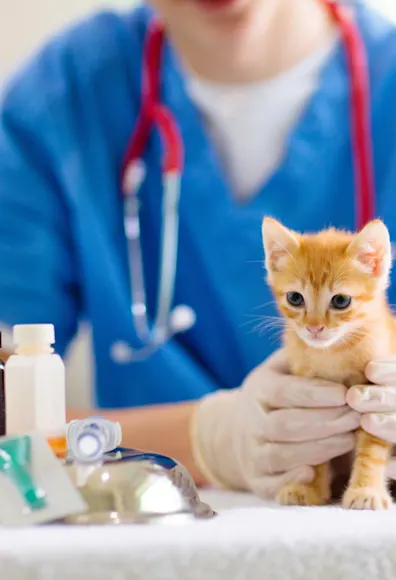The Paw Patch Place





Compassionate Pet Experts
At The Paw Patch Place, it is our commitment to provide quality Fear Free veterinary care throughout the life of your pet. Our Fear Free services and facilities are designed to assist in routine preventive care for young, healthy dogs and cats, early detection and treatment of disease as your pet ages; and complete medical, dental, and surgical veterinary care as necessary during his or her lifetime.
In addition, we also offer behavior therapy. We understand the special role your pet plays in your family and are dedicated to becoming your partner in your pet’s veterinary care. We treat your pet as we would our own. Our goal is to practice the highest quality veterinary medicine and surgery with compassion and an emphasis on client education. Our entire healthcare team is committed to providing personal attention to the unique concerns of each individual pet owner.





